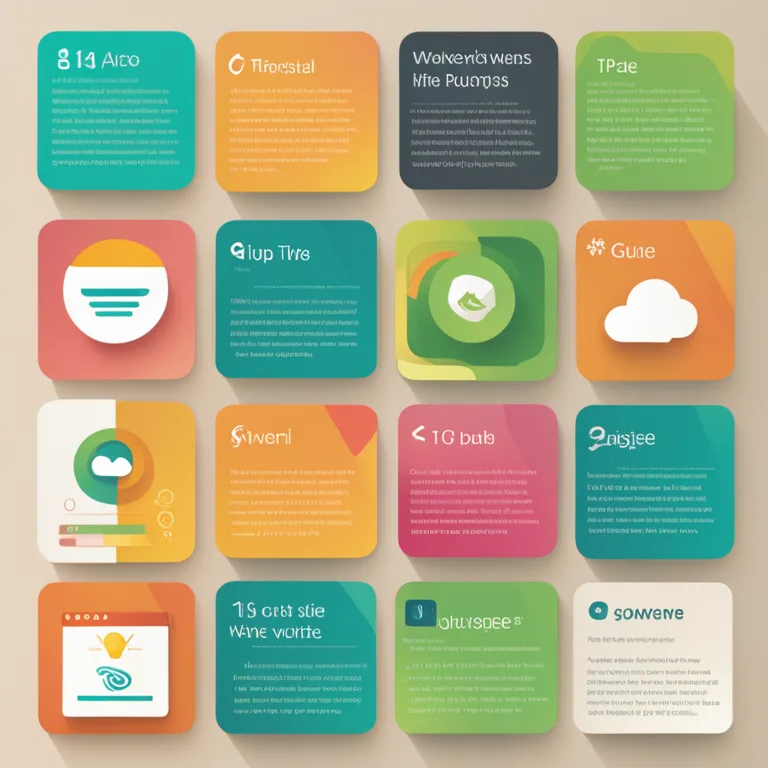
Unlocking Guided Meditation Techniques
Discover effective guided meditation strategies to enhance mindfulness and inner peace in this concise guide.
article by Hina Kurosawa
Introduction to Guided Meditation
Meditation has long been a cornerstone of spiritual and personal growth, a practice that has only become more prevalent in the fast-paced world of 2024. Guided meditation, in particular, offers a structured approach to finding tranquility amidst chaos. By using a voice—live or recorded—to lead the way, this method simplifies the process for both novices and seasoned practitioners. It's a way to explore the landscapes of one’s mind with a compassionate guide, making the journey into mindfulness more accessible and less intimidating.

Creating the Space
The first step in effective guided meditation lies in preparing your environment. Choose a quiet, comfortable space where interruptions are unlikely. This place need not be elaborate; a simple corner of your room with a cushion or chair will suffice. The goal is to create a setting that signals your brain that it's time to unwind. In 2024, the integration of smart home devices can even enhance your space by setting calming lights and sounds to initiate your practice.

Choosing Your Guide
In the age of digital wellness, there is no shortage of guided meditation resources available—from apps to virtual reality experiences. Select a guide or program that resonates with you. Look for voices that soothe rather than distract, and narratives that align with your meditation goals, whether it's achieving peace, clarity, or better sleep. With advancements in AI, personalized meditation guides tailored to your emotional and psychological needs are now accessible by anyone with an internet connection.

Embracing the Process
Guided meditation is an exercise in trust and release. Allow the guide's words to lead you, and be open to where they take you. Resisting the narrative is natural at first, but with time, the guide's prompts will help you delve deeper into relaxation and mindfulness. Remember that the journey is uniquely yours, and each session can bring different experiences and insights. Mindful acceptance is key, as is the understanding that distraction is part of the learning curve.

Navigating Thought Patterns
A core aspect of guided meditation is recognizing and observing thought patterns without judgment. Guides often use visualization or focus techniques to co-opt the wandering mind. In 2024, a greater emphasis has been placed on neurodiversity, acknowledging that each individual's meditation experience may vary. Slowing down your breath as instructed by your guide can serve as an anchor to the present moment, grounding your meditation practice.
Incorporating Regular Practice
Like any skill, guided meditation becomes more profound with regular practice. Setting aside a specific time each day for meditation can lead to a more rewarding experience. It's not the length of time but the consistency that's vital. Even brief sessions of five to ten minutes daily will yield positive outcomes, creating a habit that contributes to a more balanced and mindful existence.
The Role of Guided Meditation in Modern Life
Now more than ever, guided meditation is essential in managing the complexities of modern life. In a world inundated with information and stimulation, taking time to center oneself through meditation can reduce stress and improve overall well-being. Embracing technology to facilitate this ancient practice is indicative of society's recognition of mental health as a priority. So if you're looking to enhance your cognitive resilience and emotional intelligence, guided meditation could be the key.
Published: 1/8/2024
Modified: 1/8/2024
More predictions
Come back here soon to learn more about yourself and your future


Finger Meditation Techniques
Discover the power of finger meditation to harmonize your body and mind, enhancing wellness and inner peace.


Meditation: Finger Techniques Explored
Discover the art of finger meditation to harmonize body, mind, and spirit through ancient practices for modern wellness.


Mindful Meditation Practices Explained
Discover techniques to enhance your mindfulness through meditation, fostering peace and clarity in your daily life.